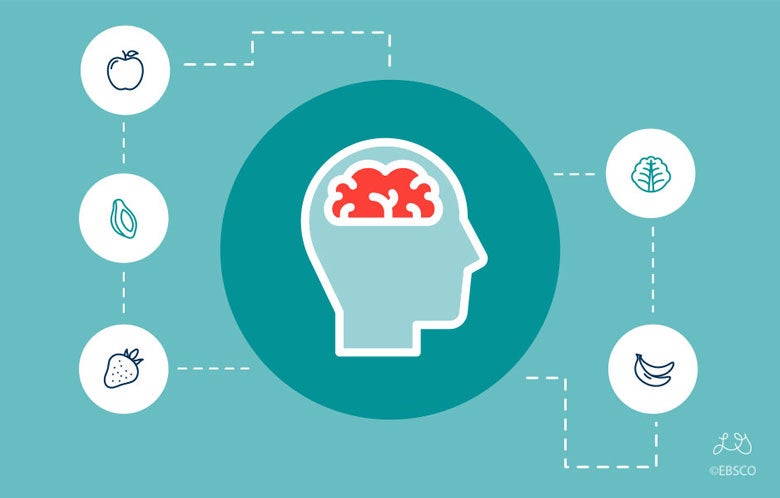The body of evidence on weight control just got a little bigger, but it might be time to cut the fat. Another study trying to uncover the best diet to achieve weight loss recently appeared in the Journal of the American Heart Association. The authors conclude that weight is tied to the size and number of meals a person eats per day rather than the time between meals or the amount of sleep and go on to say that their “findings did not support the use of time‐restricted eating [intermittent fasting] as a strategy for long‐term weight loss in a general medical population”. However, they don’t really study either of those things.
The study methods are lacking in many measures of validity. For one, they relied on participants’ subjective estimation of meal size, with no control for inter-participant variability. Second, while they conclude on time-restricted eating/intermittent fasting, the mean difference between first and last meal was 11.5 hours with a 2.3-hour standard deviation, but most studies on daily time-restricted eating/intermittent fasting have 8 hour restrictions. Add to that compliance bias in two directions — this was a self-selected (compliant) cohort but there was low adherence with data collection over the course of the study. At the end of the day, we have very little to conclude on, other than maybe that this study takes an early lead for the 2023 Hype award for the most egregious mismatch between evidence and concluding statements in a mainstream journal.
It's hard to believe this study was published in a prominent journal. The main takeaway, reflected in the body of evidence on weight control, is that weight loss is hard to achieve, harder to maintain, and there certainly does not seem to be a one-size-fits-all diet that can help get you there. While it makes sense that the number of large meals per day might be linked to weight control, don’t dismiss calorie restriction or intermittent fasting based on this study.
--
Practice Point: A new study doesn’t add much to what we know about weight control. We still think the best diet for patients is the one to which they will adhere in the long term.
EBM Pearl: While reading the abstract conclusion is an easy way to “learn” about new studies, you risk subjecting yourself to hype — the conscious or unconscious attempt to persuade an audience by exaggerating the certainty or importance of the evidence. Doing the harder work of perusing the methods and results is a safer bet.
Reference: J Am Heart Assoc. 2023 Jan 18 early online
For more information, see the topic Diets for Weight Loss in DynaMed.



